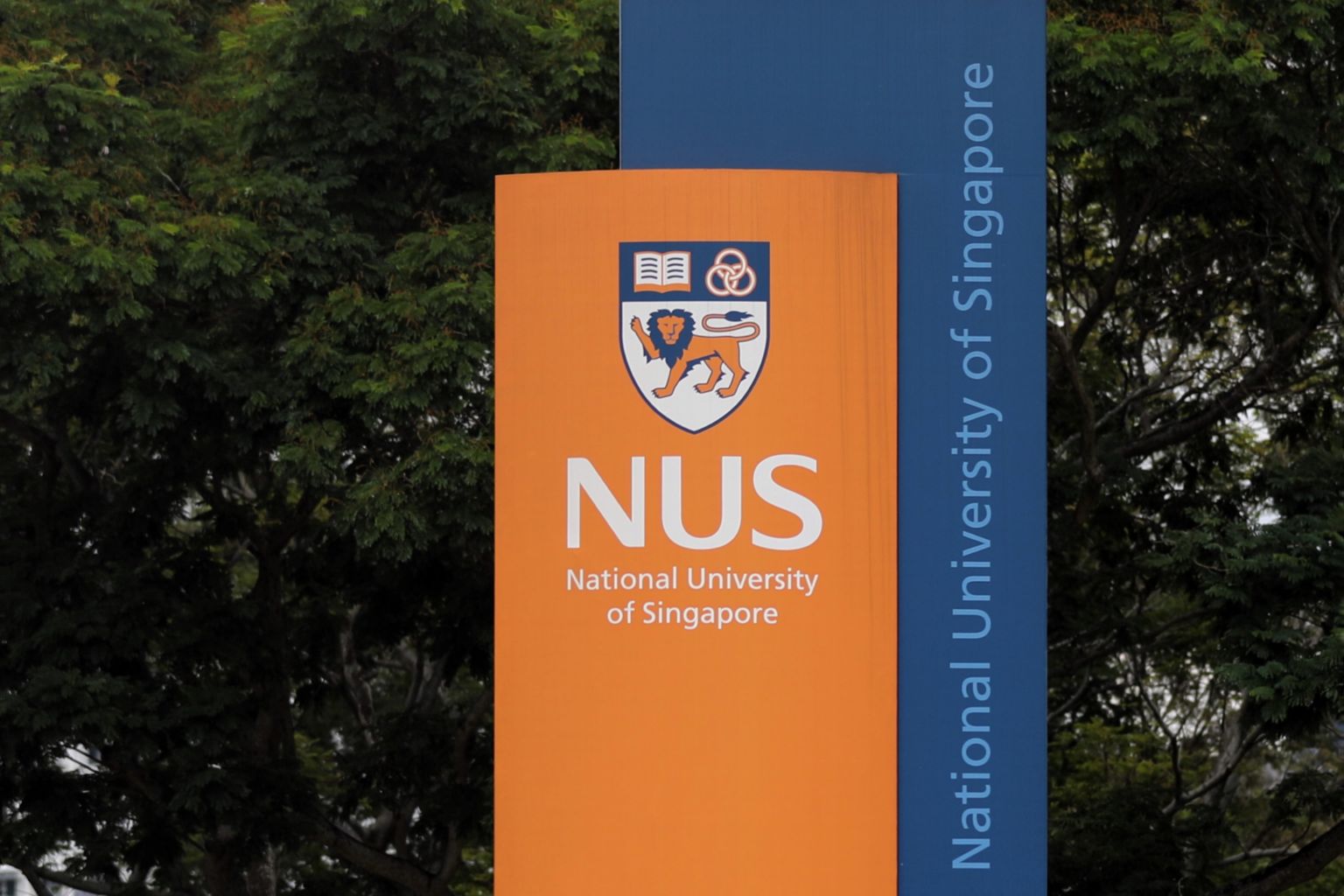Coronavirus: NUS students who flout 14-day leave of absence rule face one-month suspension, says Dean of Students
Sign up now: Get tips on how to help your child succeed

In a post on NUSWhispers, a platform for National University of Singapore students to post anonymously, a student had urged the university to consider a strict quarantine order for those with recent travel to China, instead of a leave of absence.
ST PHOTO: GAVIN FOO
SINGAPORE - National University of Singapore (NUS) and Nanyang Technological University (NTU) students are concerned about other students who may be on a leave of absence but are still moving about on the campuses.
The Government implemented the 14-day leave of absence as a precautionary measure against the new coronavirus outbreak, and it applies to those who have returned to Singapore from mainland China recently.
Students and staff in both universities and other educational institutions have returned after the Chinese New Year break.
Some students are also worried about whether - and how - the universities are able to verify the travel history declared by students, both Singaporeans and China nationals.
In a post on Sunday (Feb 2) on NUSWhispers, a platform for NUS students to post anonymously, a student urged the university to consider a strict quarantine order for those with recent travel to China, instead of a leave of absence.
According to a circular sent out by NUS' Office of Safety, Health and Environment seen by The Straits Times, staff and students who are on leave of absence and who have tested negative for the coronavirus "must also remain in their place of isolation (home or individual hostel rooms) to complete the full 14 days of quarantine, as required by the university".
NUS Dean of Students Leong Ching responded in a comment on the NUSWhispers post, sharing her e-mail correspondence with another student earlier who had similar concerns that "relying on students to self-quarantine themselves" is not a good enough measure.
Associate Professor Leong said NUS has put in place a "very strict regime against students breaking the leave of absence".
She was referring to the university's sanctions, such as an immediate suspension for one month for "offenders" - including students who returned from mainland China in the last two weeks who have broken quarantine, attended classes, or failed to see a doctor when sick.
Those who are caught making a false travel declaration, or who fail to declare their recent travel history to China, will also face the same penalties.
"From these measures, you will see that we rely not just on students doing the right thing, but also to behave in a way that maximises one's self-interest," said Prof Leong.
"One who flouts the leave of absence must weigh the risks of immediate suspension against the relatively minor inconvenience of social isolation for 14 days."
Ms Megan Toh, 22, a Year 4 architecture student, is staying at Prince George's Park Residences, part of which has been designated as a government quarantine facility.
"I know people who have moved out of Prince George's Park voluntarily due to the high percentage of Chinese students living on campus," she said.
A 23-year-old final-year undergraduate who declined to be named is one of them.
"Prince George's Park Residences has a high proportion of foreign students as compared to the other hostels," she told ST.
"So the fact that there would be a lot of people travelling over the Chinese New Year break, or travelling because they are international students, made me feel uneasy. The risk just seemed higher," she added.
The student who corresponded with Prof Leong asked if there was a way to track the recent travel history of these foreign students, suggesting that the university check their passports or check with the Immigration and Checkpoints Authority.
Addressing such sentiments, Prof Leong said: "Thinking probabilistically, we do take extra care with returnees from China and Hubei."
She added that travel history, and not nationality, is of primary concern.
She acknowledged that more can be done if the situation escalates, including moving completely to online learning. But she also said she "does not think that any risk level will see us checking the passports of everyone at NUS".
She added: "When lives are at stake, we need all forms of correctness - medical, technical as well as moral. This includes being clear-eyed about probabilistic logic and bias.
"It is, therefore, not political, but moral correctness which directs me to reply that NUS must respond in a way that allows us to treat every student with the same gaze - we make no determinations by the colour of passports, but by the injunction to treat everyone equally."
Year 4 NTU computer science student Ian See, 25, said he initially stopped attending class for a while. "But as the awareness of this virus has spread, I went back to school... I think the measures are sufficient for now but if this virus does spread, I think that more should be done, and the measures need to be enforced."
Another NTU student, a 24-year-old studying business who declined to be named, said she has a room in Tamarind Hall, which is next to Graduate Hall 1 - a government quarantine facility.
"I'm trying to request a room that will at least give me an attached bathroom so I don't have to leave my room as much," she said.
China has been battling the coronavirus outbreak since late last year, with more than 20,000 confirmed cases and more than 420 deaths as of Tuesday morning.
Outside mainland China, there have been close to 300 cases and two deaths, one each in Hong Kong and the Philippines. There are 24 cases in Singapore.


